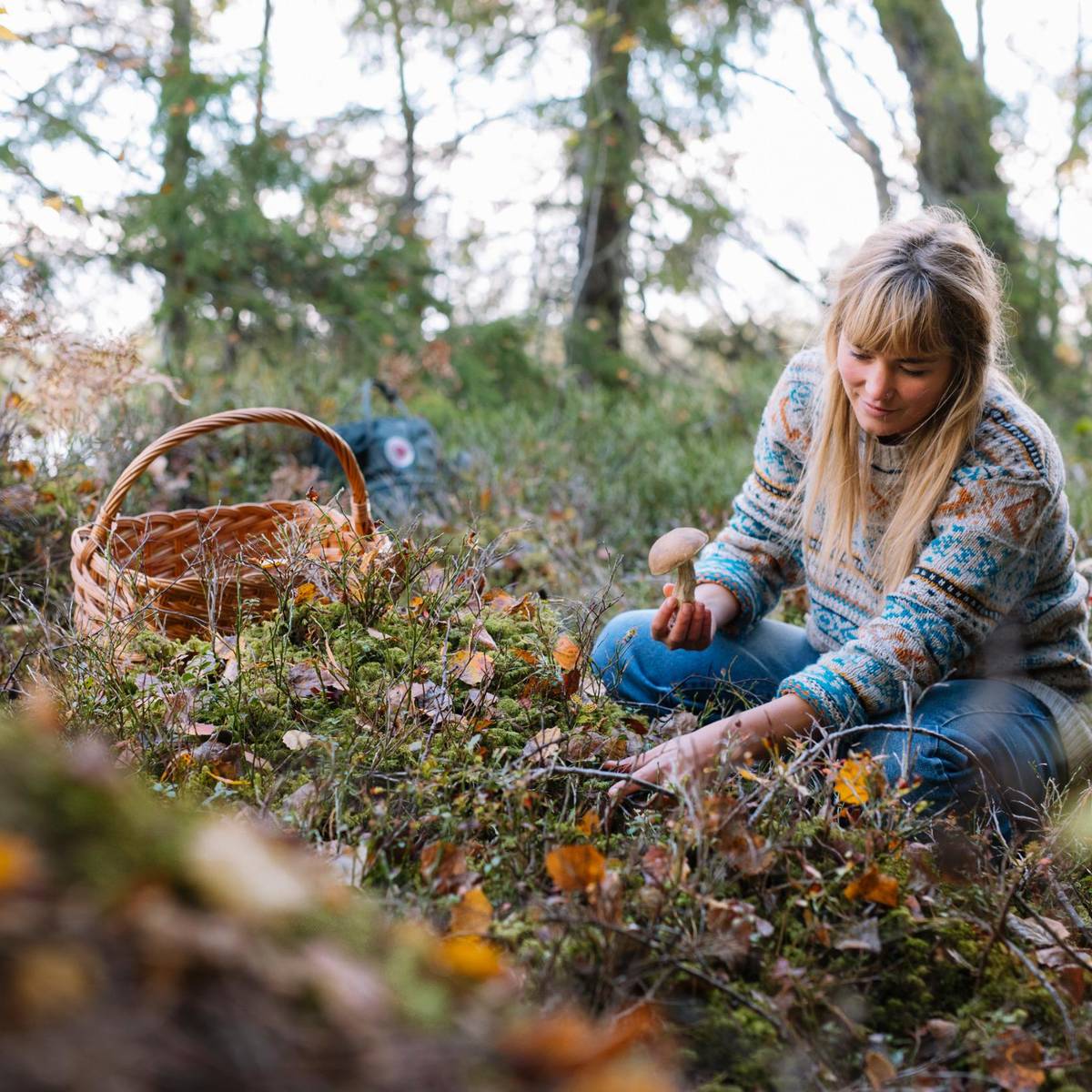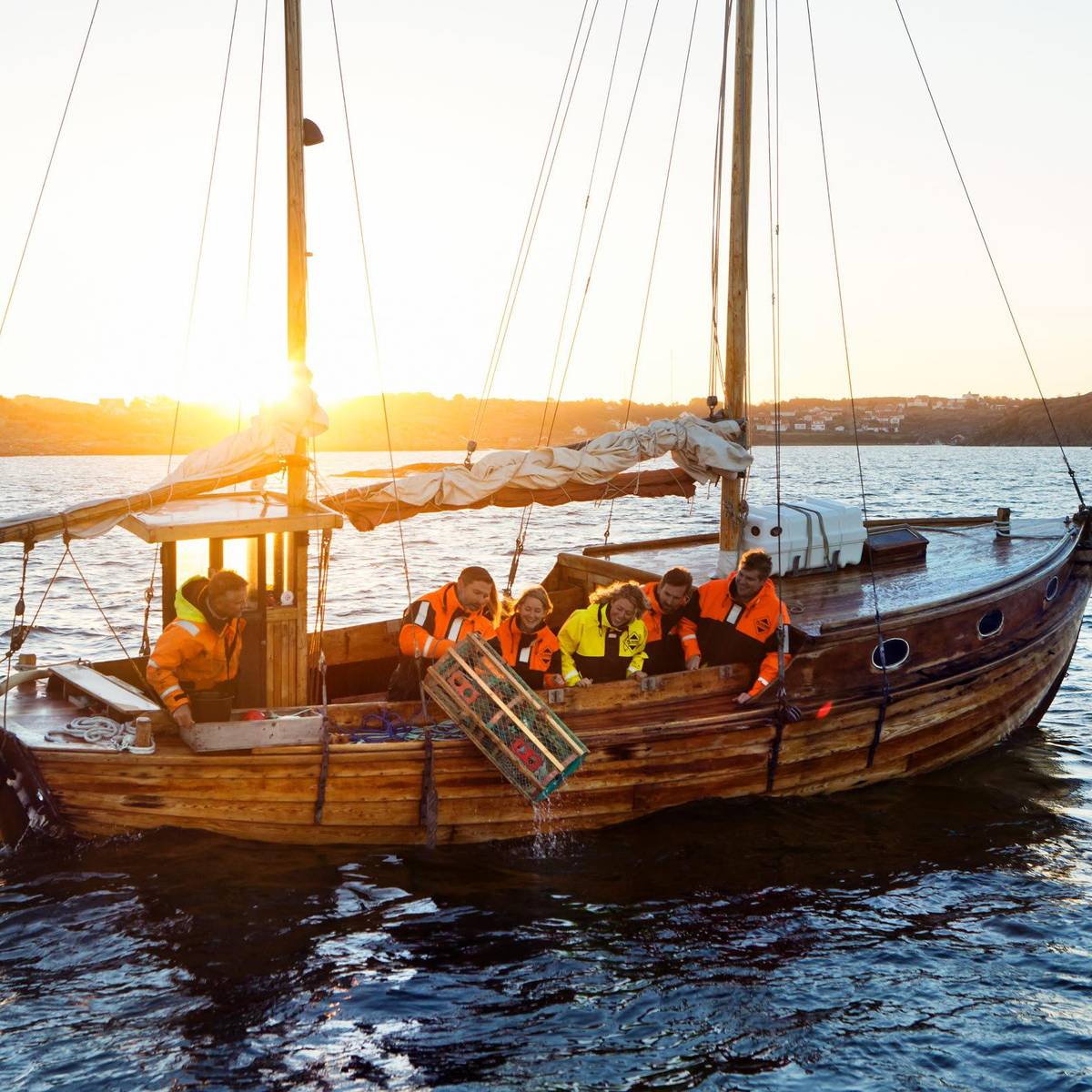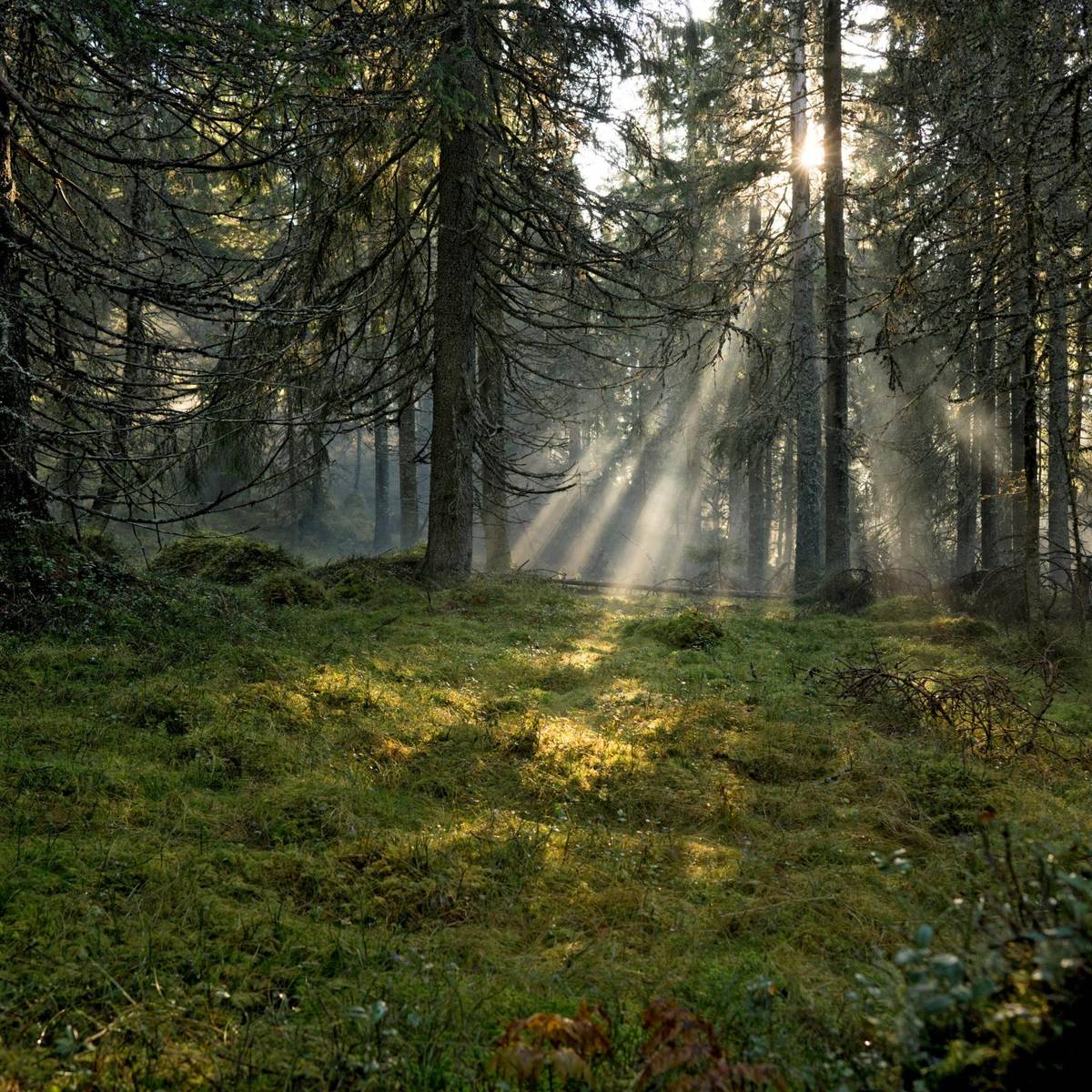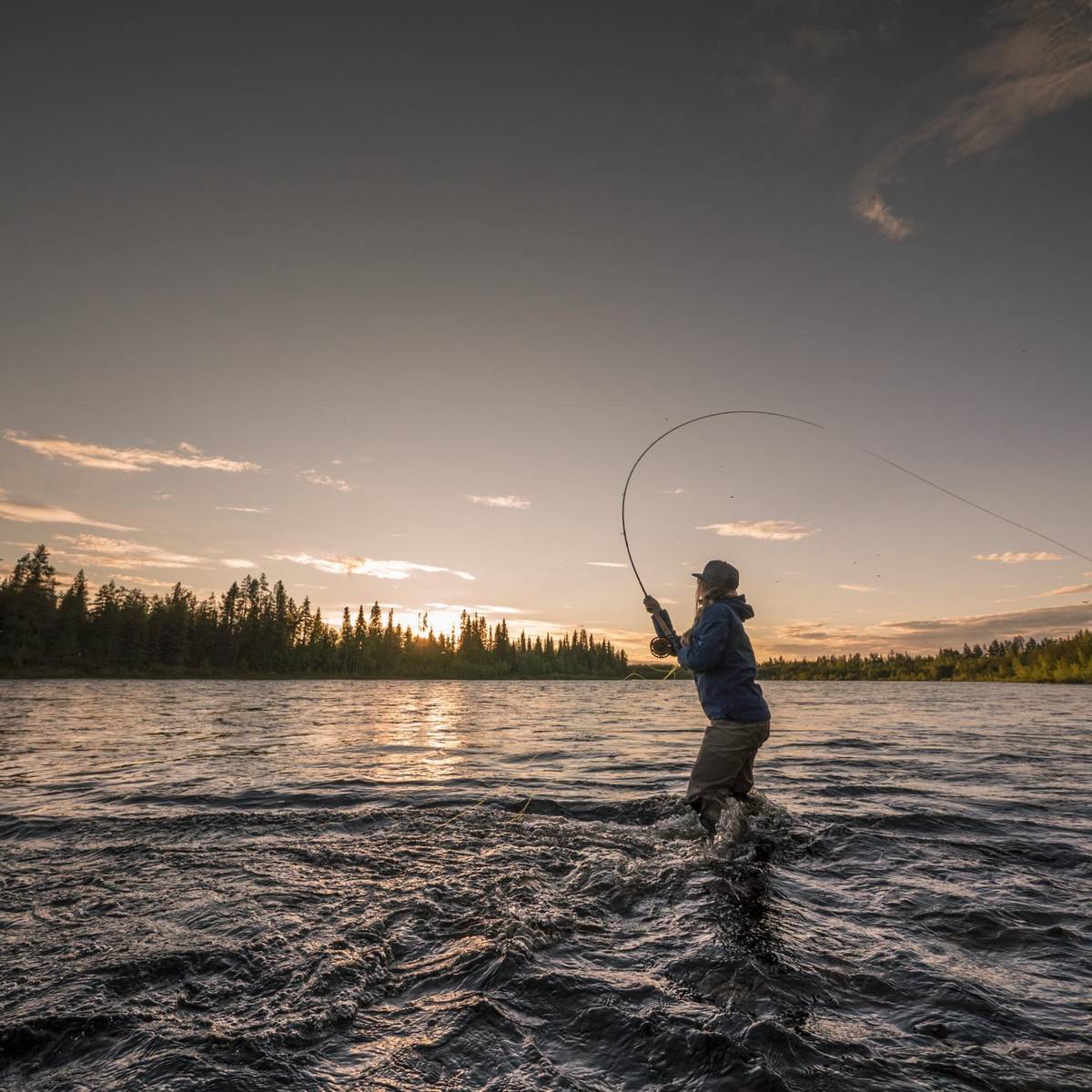Fire bans in Sweden and how to find out about them
'Allemansrätten' states that making fires is allowed in the Swedish countryside, but only when conditions are safe. It's recommended to use existing barbecue areas and fireplaces, which can be found in forests, by lakes and along hiking trails. They are safer than a campfire lit directly on the ground.
Campfires make some landowners nervous – and understandably so. Many forest fires are unintentionally caused by campfires every year, and with dire consequences. Sweden has suffered significant fires in recent years due to the unusually dry, hot summers Scandinavia has experienced.
Fire bans are issued frequently in Sweden during spring, summer and autumn to prevent forest fires. County administrative boards and the fire brigade are behind these bans, and it’s up to you to find out when and where these are in force.
So how can you go about this? Most municipalities provide information relating to current fire risk levels. You’ll find this information on the municipalities websites or at the local tourist office. On the website Krisinformation.se (crisis information), run by the Swedish Civil Contingencies Agency, you can see a map of which municipalities, if any, that have a temporary fire ban at the moment.
A fire ban doesn't normally apply to residential areas where houses are adjacent to each other. This means that you can barbecue in your own garden, in courtyards and the yards of apartment blocks. If you are staying at a nature campsite, or live in a remote forest area, you need to find out what the rules are for that particular area.
It’s important to remember that no fires may be lit in the open during a fire ban –this includes the use of purpose-built fireplaces.
Lighting a fire – dos and don’ts:
- The safest option is to use an existing campfire pit. You can also make a new one – just make sure to keep it small and well-contained.
- Choose a spot where your campfire runs no risk of spreading or causing damage to the vegetation or ground. Avoid moss, peat bogs and humus-rich forest soils – fire is more likely to spread on these types of soils. And, just as destructive, fire can smoulder underground and flare up at a later stage.
- Fires must not be lit on, or next to, a rock – the heat will cause the rock to crack.
- As for finding small twigs and kindling, The Right of Public Access allows you to collect fallen twigs and pinecones – but it’s not permitted to remove these from living trees. Neither should you cut any shrubs or carve off the bark. It’s also forbidden to use fallen trees as firewood.
- Special rules apply in national parks and nature reserves, where there may be a total ban on fires. In other cases, purpose-made fireplaces might be provided. Look out for rules in English posted on noticeboards in the area.
- Always keep your fire under close control and supervise it carefully! Be sure to fully put your fire out before leaving the premises. It's recommended to stay put at least ten minutes after you have extinguished the fire.



















